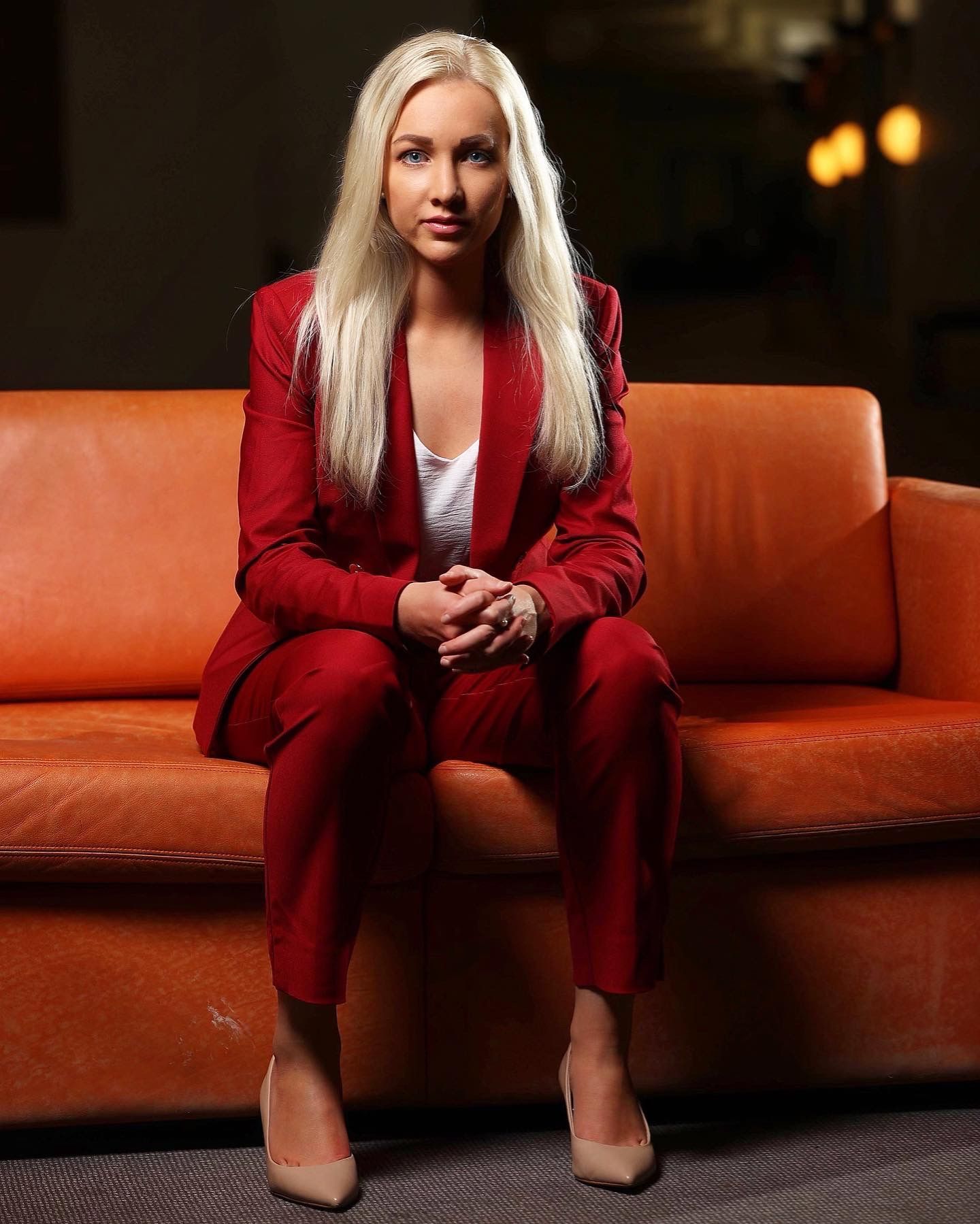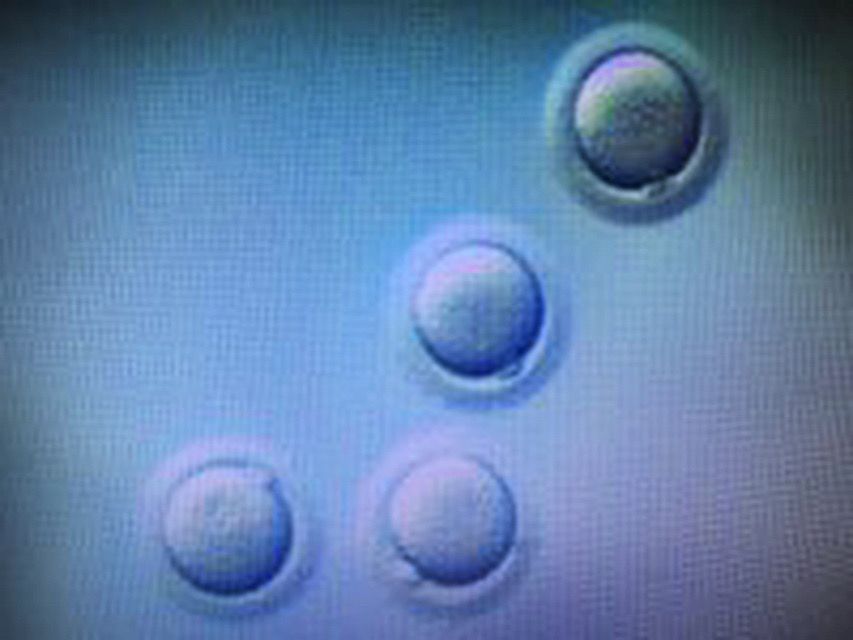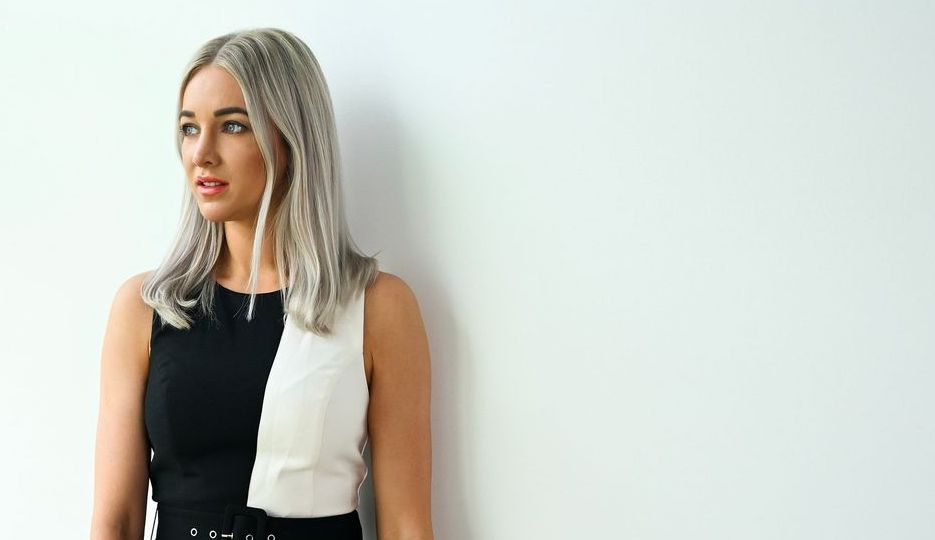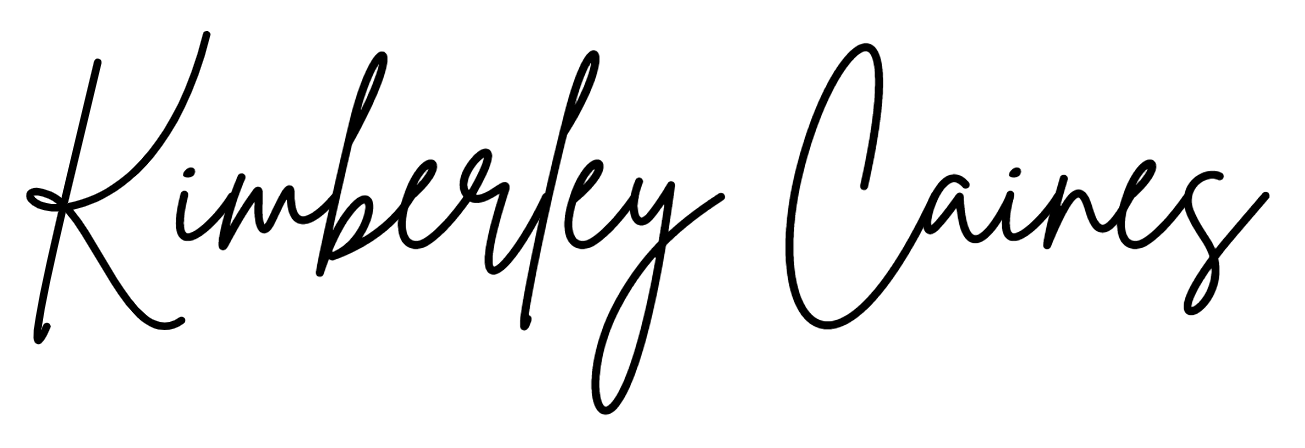Why I froze my eggs at age 28

It’s hard to imagine that at 28 years old, the quality and quantity of my eggs were already deteriorating.
This was not due to a medical condition but simply my age.
As cliched as it sounds, my biological clock was ticking.
I felt too young to be getting too “old” to have children, so I took control of my future fertility two years ago and froze my eggs. Twelve of them.
I was in the minority of Australian women in their 20s to undergo the egg-freezing journey for a non-medical reason.
But I wasn’t ready to start a family. I wasn’t in a relationship. My focus was my career.
The idea had been on my mind since 2017 when I interviewed Sydney woman Natalie Lovett - a single, career-driven woman in her 50s - who longed to have a child but it was too late.
Her eggs had expired.
When Natalie told me about her life between the ages of 20 and 50, I could see I was likely to head in the same direction. Putting my job first while searching for “Mr Right.” I didn’t even know what egg freezing was, neither did my friends of the same age.
It felt like a taboo topic.
But I couldn’t stop thinking about it, so I contacted a fertility specialist and was told the earlier I froze my eggs, the higher success rate I would have in the future.
My pre-treatment included having a blood test, an AMH test (to check my egg count as women are born with their lifetime supply of oocytes), and an ultrasound.
Then every day for just under two weeks, I self-administered hormonal stimulation injections - sometimes up to three a day - with blood tests and ultrasounds undertaken about every two days.
My 28-year-old eggs - an optimum age to conceive naturally - were collected and put into a storage tank at minus 196°C. They now wait for me if I ever need to use them.
It’s my backup plan, though there’s no guarantee any of my 12 frozen eggs will give me a baby.
But what I know is they can’t be replaced, and I don’t want to say “what if” in the future.
- Originally published in The West Australian on August 5, 2021.


Kimberley Caines | All Rights Reserved
